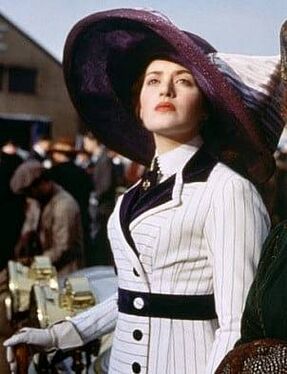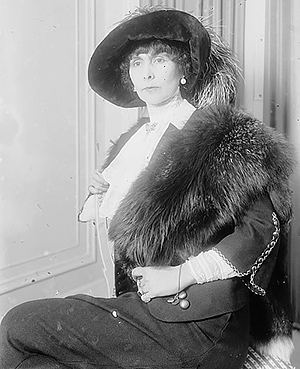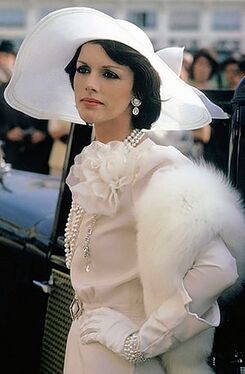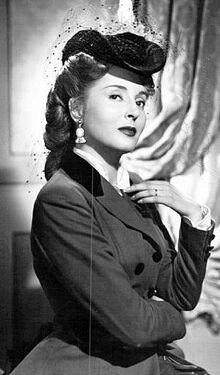Il palazzo
Il palazzo (Italian: "the palace") is the term used by historians to designate The Establishment of Alscia, particularly its four most influential figures:
- Donatella Rossetti, Governor of Alscia
- Maria Caracciolo, editor-in-chief of Risveglio Nazionale
- Arlette Gaubert, founder of the Gaulette conglomerate
- Valentina Potenza, the éminence grise, nicknamed "the chamberlain of the palace" (camerlenga del palazzo)
The group thus reunited the leading figures of Alscian public life: Donatella dominating its politics, Maria providing a vision to underpin Alscian nation-building, Arlette its richest industrialist, and Valentina the champion of its elite ideology. It formed shortly after the establishment of Alscia; Arlette was the final member to join after Gaulette's consolidation.
Il palazzo was largely the creation of Valentina, and she used it to accumulate significant behind the scenes power. A Megelanese noblewoman with a disdain for democracy, she advocated rule by an altruistic and responsible elite. She favoured liberal democratic trappings such as elections and a free press, in order to protect the people's freedom and guarantee "circulation of elites", and advocated manipulating the public opinion to obtain desired outcomes and protect elite influence.
While Valentina's beliefs caused discomfort in the others, they shared Valentina's elitist and statist tendency, viewing the development of the "hurried province" as a project "from above", where the establishment set the example and the public followed its lead. The group converged on a vision of Alscia as a land of progress and liberty, overseen by a strong state that protected the public interest, and a society of class collaboration and complete social mobility. They dedicated much effort to fostering an upper class in their image, to serve as pillars of the community.
Il palazzo had significant monetary resources available, due to Valentina and Arlette's wealth, and access to intelligence. They sought to neutralise threats to the Alscian order, such as industrial strife, popular unrest, or radicalism growing out of control. Valentina encouraged the use of methods of political particularism excluding corruption and malfeasance in office to this end, such as pork barrel politics and clientelism.
Il palazzo dissolved with Alscia's entrance into the Free Territories. However, Valentina's memoirs became a best-seller during the Liberation War, and have sustained a Gylian fascination for similarly influential and cohesive groups seeking to influence public opinion, such as the ferroses, Tessai, Mişeyáqueens, Tetramazones, aristerokratia, and the "minimum faction" during the Golden Revolution.



